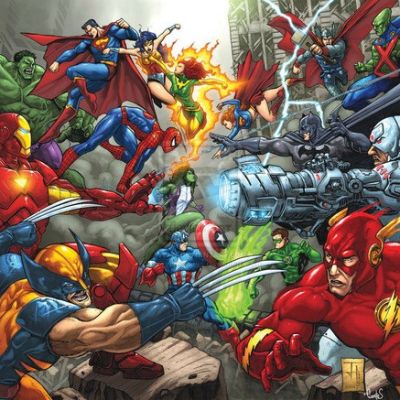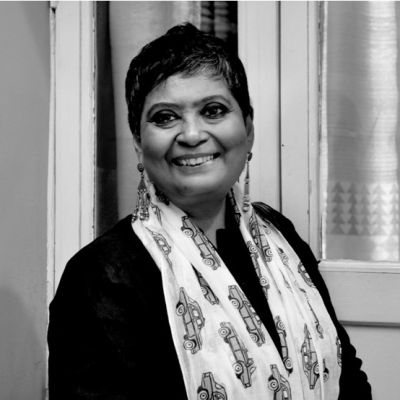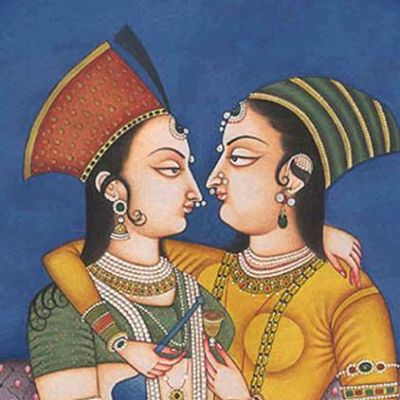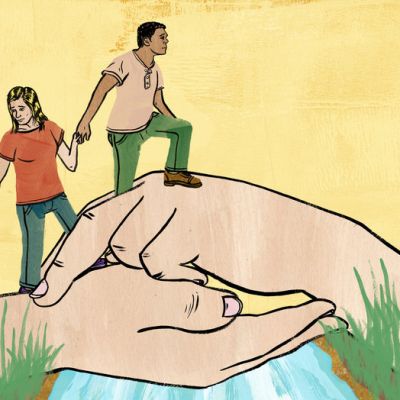Categories
It was, however, the community’s consistent refrain of having “no one” to talk to, that made the problem of mental health crises stand out during my conversations.
The video “How Emotionally Healthy Are You?” by The School Of Life leads us through a series of questions to look at various aspects like self-love, trust, communication and letting go
While we have come a long way from the singular Freudian focus on sexual energies and reducing most mental health disturbances to sexuality, there is no doubting its significance for an individual’s wellbeing.
See, whenever people speak about sexuality, they speak of violence; that seems to be the only recognised form of sexuality in the lives of people with mental health conditions. But there are so many happy, sexy, lovely, delicious stories in there.
Working as a sexuality rights activist in a repressive environment can take a huge toll on people’s wellbeing. It is therefore important that we as social workers, activists, advocates and everyone else involved in this work take care, take care of ourselves and each other, be supportive, give that extra push to someone who needs it, and allow ourselves to make mistakes.
This is where ‘aftercare’ comes in – a practice of holistic caring and attention-giving to one’s partner post-sex.
To us, these sessions illustrated a few of the ways in which wellbeing is tied to sexuality; experiencing or being a part of queer/LGBT*QIA+ spaces by itself leads to reflection, healing, catharsis, and empathy.
I was diagnosed with Fibromyalgia around July last year. For those of you who do not know what Fibromyalgia is, it is a condition characterised by chronic pain spread over some tender points across the entire body.
In the mid-month issue we have articles about the power of language to name, shame, and wound as well as articles about the subversive potential of language to turn the established order on its head and sing and dance around it.Here we mean language, as in not-just-English.
It’s an entire genre of poetry known as rekhti, which was characterised by a female speaker and preoccupation with women’s everyday lives.It is counter posed to rekhta, the “literature narrated in the masculine voice”.
The Meitei queer’s tussle with sexuality continues to be a struggle jarred with discrimination, negation and moral policing through language.
In my opinion, Ghosh was in search of a language of cinema which could be adequately expressive of queerness; he was slowly moving towards inventing that language, which would not be alienating to his conformist audiences, yet, would be intelligibly pleasurable to his (informed) queer viewers.
As I reflect on what I had actively buried and tried to constantly forget, I realise how crucial language was in defining how I viewed myself.
On a Saturday morning, a group of adults gather in a circle in an elementary school classroom on the campus…
जब इन प्लेनस्पीक के संपादकों ने पहले-पहल मुझसे स्वयं की देखभाल और यौनिकता के विचार को साथ जोड़कर कुछ लिखने…















